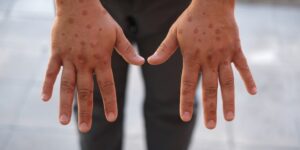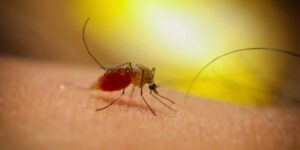CityDoc Travel Clinics
With over 100 clinics nationwide, our travel health experts are here to help.
Our pre-travel consultations are with experienced staff who will assess the impact of any pre-existing medical conditions on your vaccine requirements. Our competitive pricing and easily accessible high street locations make us your first choice for all your travel needs.
Our professional flagship clinics provide private in-clinic services for all of your medical needs along with our specialist in-pharmacy clinics.
-
Next day appointments
Bookable online with live availability or call our customer service team -
Travel health specialists
Clinics regulated by the Care Quality Commission and experienced nurses -
All vaccines in stock
Rabies, Hepatitis A and other vaccines in stock & given at your appointment -
Friendly staff
Our nurses & pharmacists care for your individual travel health requirements
Your nearest CityDoc clinic
London Bridge
2,CityDoc Travel Clinic London Bridge,
125 Borough High Street,
London,
SE1 1NP

Manchester
Oxford Street,Manchester,
M1 5AN

London Victoria
231 Vauxhall Bridge Road,London,
SW1V 1AD

Travel news
Helpful travel news, tips and advice for travelling around the world

Water Hygiene While Travelling: What You Need to Know
Get the facts straight: Common myths about water hygiene while travelling debunked here.

Mpox- How dangerous is it?
With the recent WHO announcement regarding the outbreak of Mpox in Africa there has been a concern of its transmission to other countries.

Pregnancy and Malaria
A malaria infection can cause complications during the pregnancy to mother and the baby.
For the latest government travel advice
For anyone planning to travel abroad we recommend visiting the following government website for all the latest travel guidance and advice.
Travel health enquiries
For all travel health enquiries, simply contact us below.



